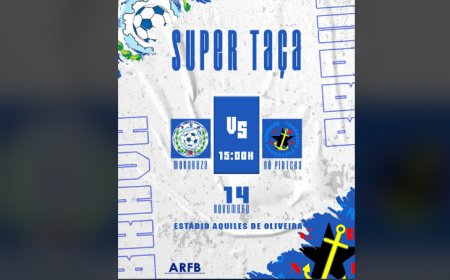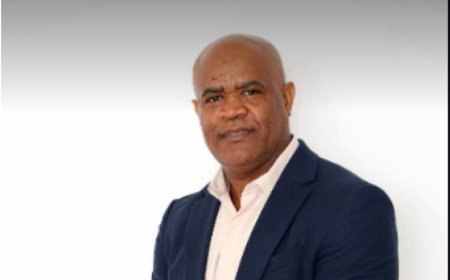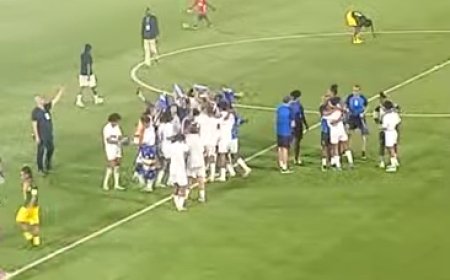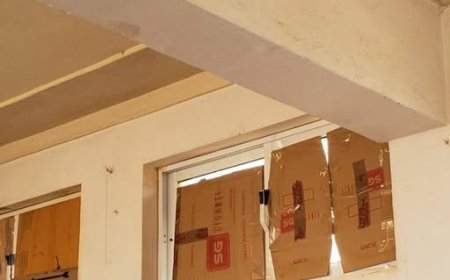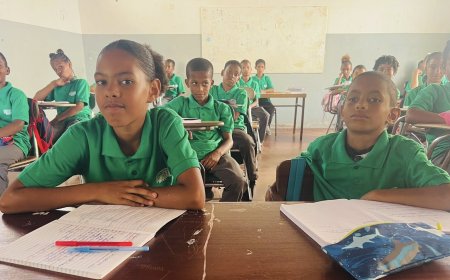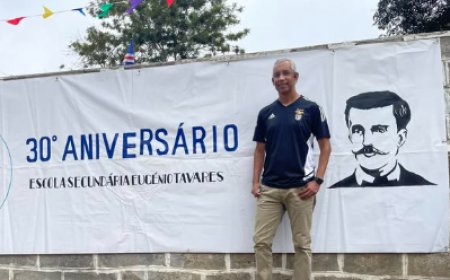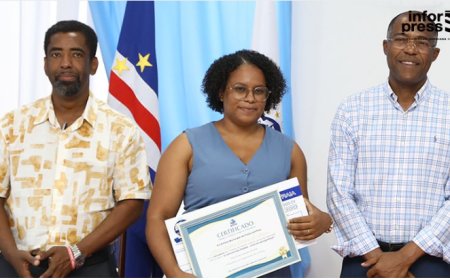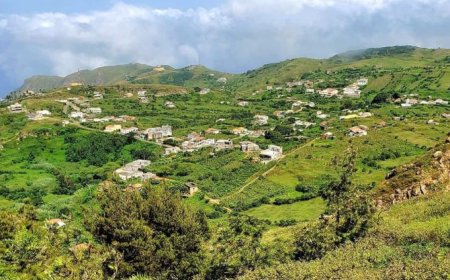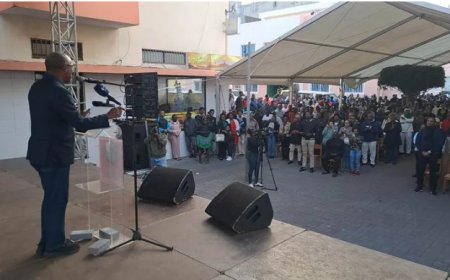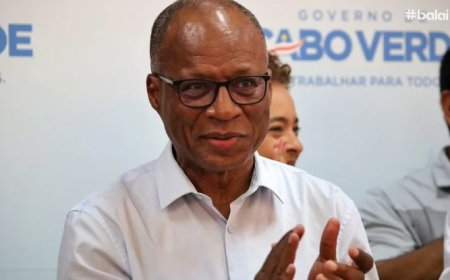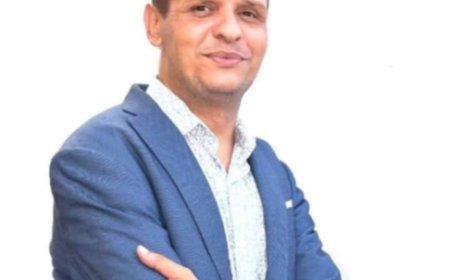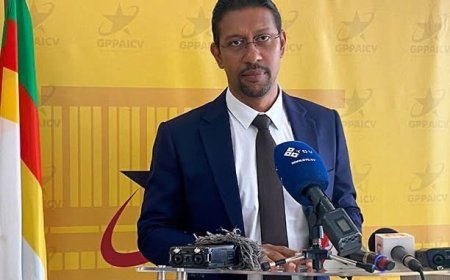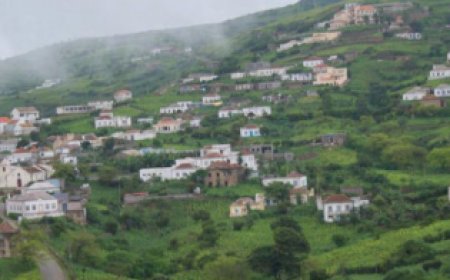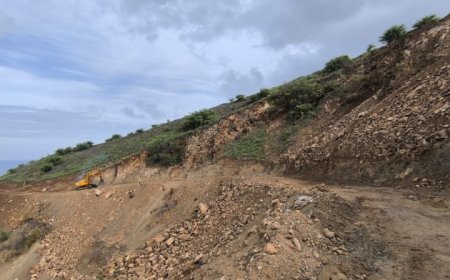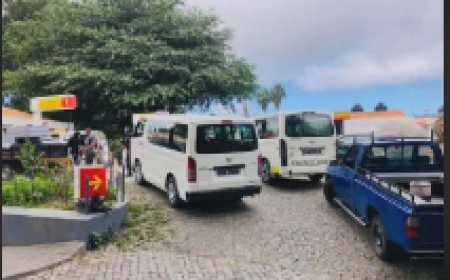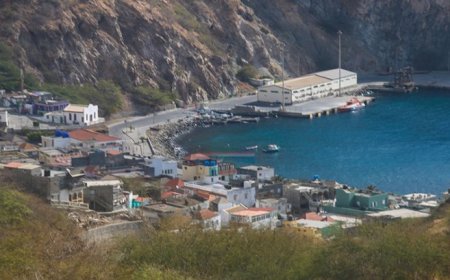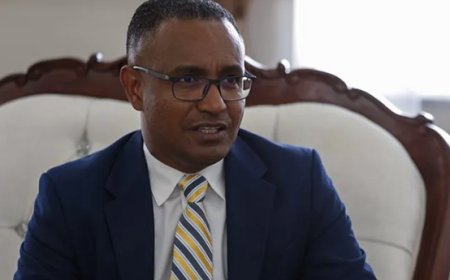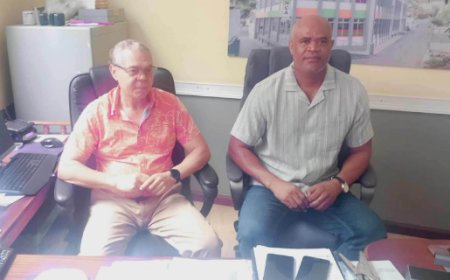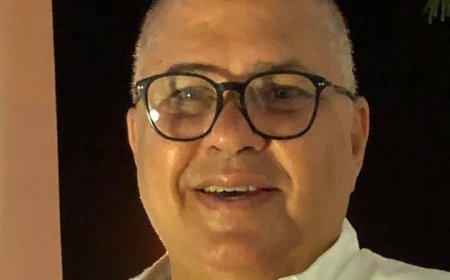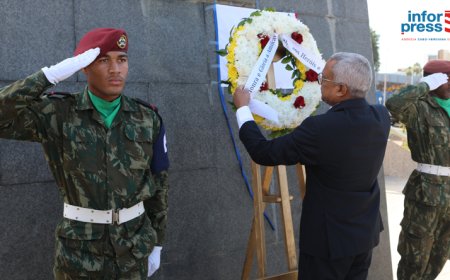Brava: Mayor defends improvement in the assessment of the impacts of sand harvesting at an environmental and socio-economic level
The mayor of Brava, Francisco Tavares, today defended the need to better analyze the impacts of sand collection in Fonte Bila, Fogo, both at an environmental, social and economic level.
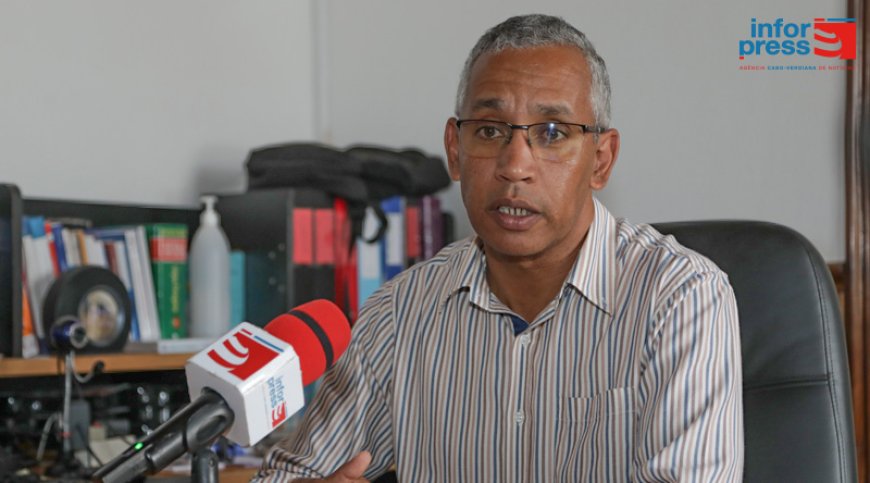
The mayor of Brava, Francisco Tavares, today defended the need to better analyze the impacts of sand collection in Fonte Bila, Fogo, both at an environmental, social and economic level.
As the mayor advanced in statements to the press, the ban on sand collection has a “big” negative impact on Brava Island, since, as he explained, the sand extracted from Fonte Bila beach, on Fogo Island, is sold at an exorbitant price.
For example, the mayor noted that a sand Toyota Dyna arrives in Brava for 60 contos, an almost unbearable price for most people, on an island whose beaches produce little sand to meet demand in the civil construction sector.
And, as evidenced, it is not only to satisfy a need for the issue of finishing and ease of work, but also in the quality of the work, since the other sands used in Brava for the production of blocks, foundations, are “earth sands” and are less consistent.
From there, he stressed that without sea sand to work with, what is happening “are many families going through great needs, because it is an entire sector of the economy that slows down greatly and directly harms families”.
“There is no sand collection anywhere in the world that does not have an environmental impact, now as human beings we have to strike a balance between the environmental impact and the needs, to minimize the environmental impacts, since the social impacts are also at stake. -economic impact of this ban”, suggested the mayor.
Francisco Tavares says he does not know to what extent the balance should be made of having a sea beach that naturally replaces its sand, which is the case of Fonte Bila beach, and that if it is not caught by humans there is a period of the year when the sea returns to fetch the “excess” sand to take it to the sea again and in another period puts it back on the beach.
The mayor defends the attribution of a license that allows at least 1 percent (%) of the amount of sand to be collected and thus allow a large part of the economy of the island of Fogo and Brava linked to civil construction to function.
He also underlined that it is necessary to analyze the direct impact on the families' income, or leave the sand there without environmental impact and then a large part of the families that live directly linked to it live in great difficulties.
Therefore, it appeals to those who have the right, to the technicians, who know the most about the matter, to assess the two impacts, because the mayor understands that sand collection generates income for the workers who make a living from it, indicating the truck drivers, the contractors who carry out the works and construction workers.
Despite this, he recalled that there are also stores that sell building materials for finishing houses that if there is no sand to finish, the sale of mosaics, taps, pipes, is stagnant.
“It is to evaluate well the two impacts, the environmental and the direct one on the income and livelihood of many people and then find a middle ground because to close the 100% I am against it, because it creates another impact”, he concluded, stressing that Cape Verde is not a country that can afford to take certain measures without presenting solutions.
On the 28th, the Supreme Court of Justice upheld the injunction requested by the Public Prosecutor's Office and, consequently, determined the immediate suspension of sand extraction at Praia de Fonte Bila, on the island of Fogo.







